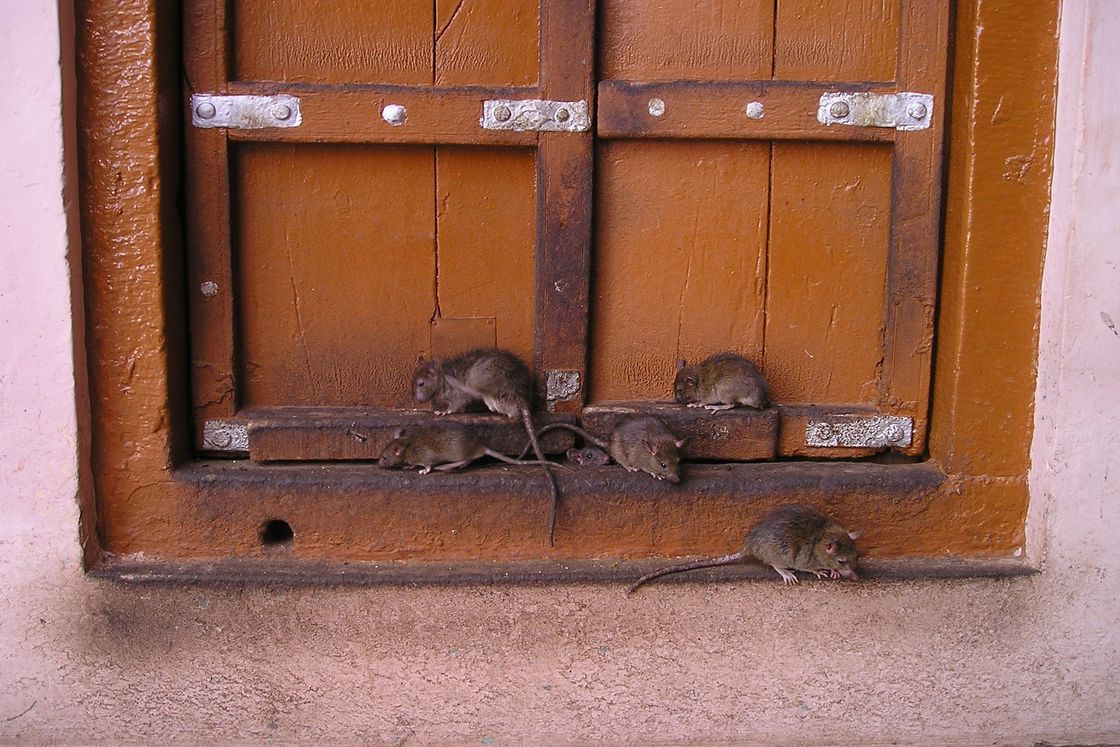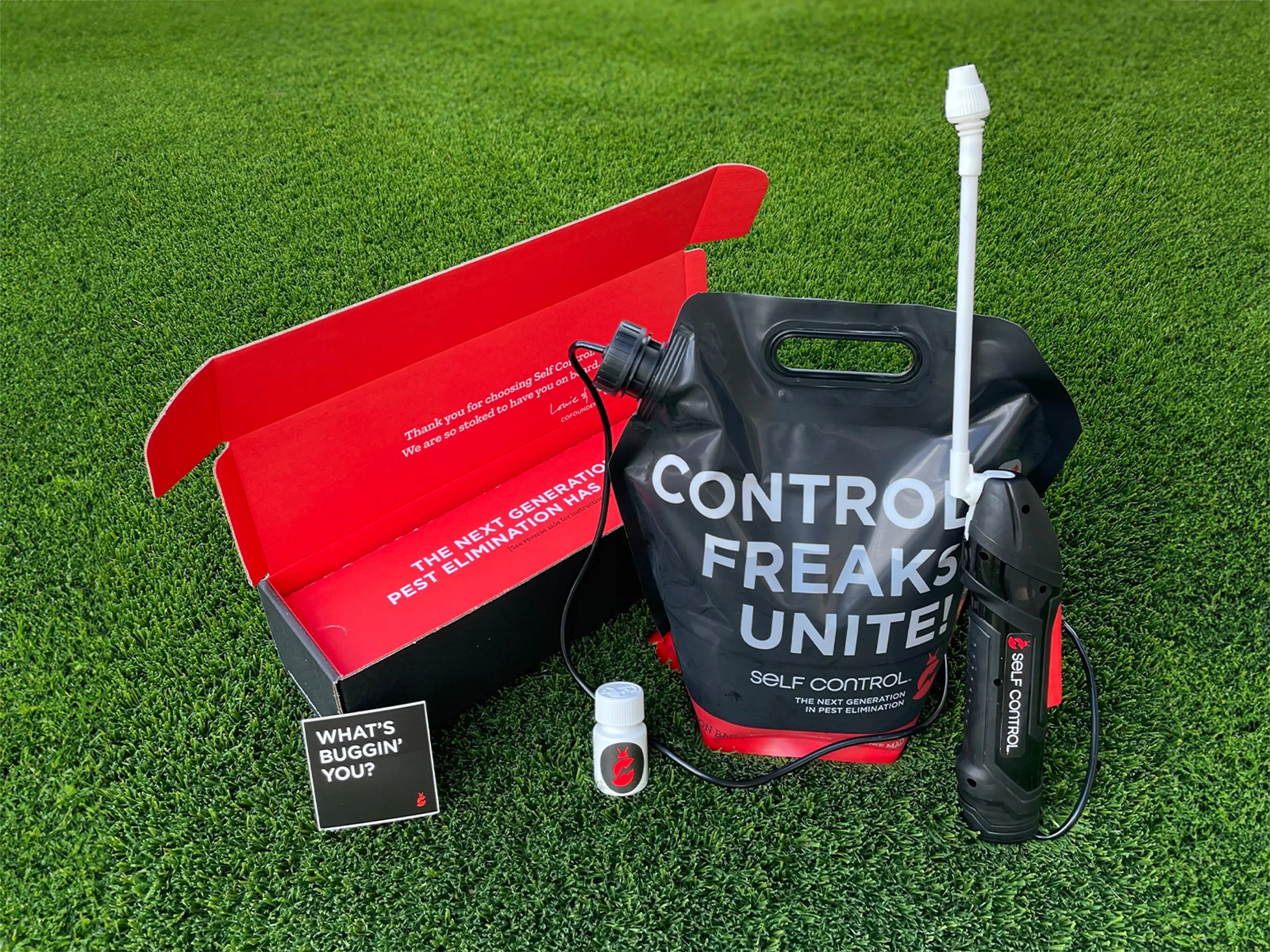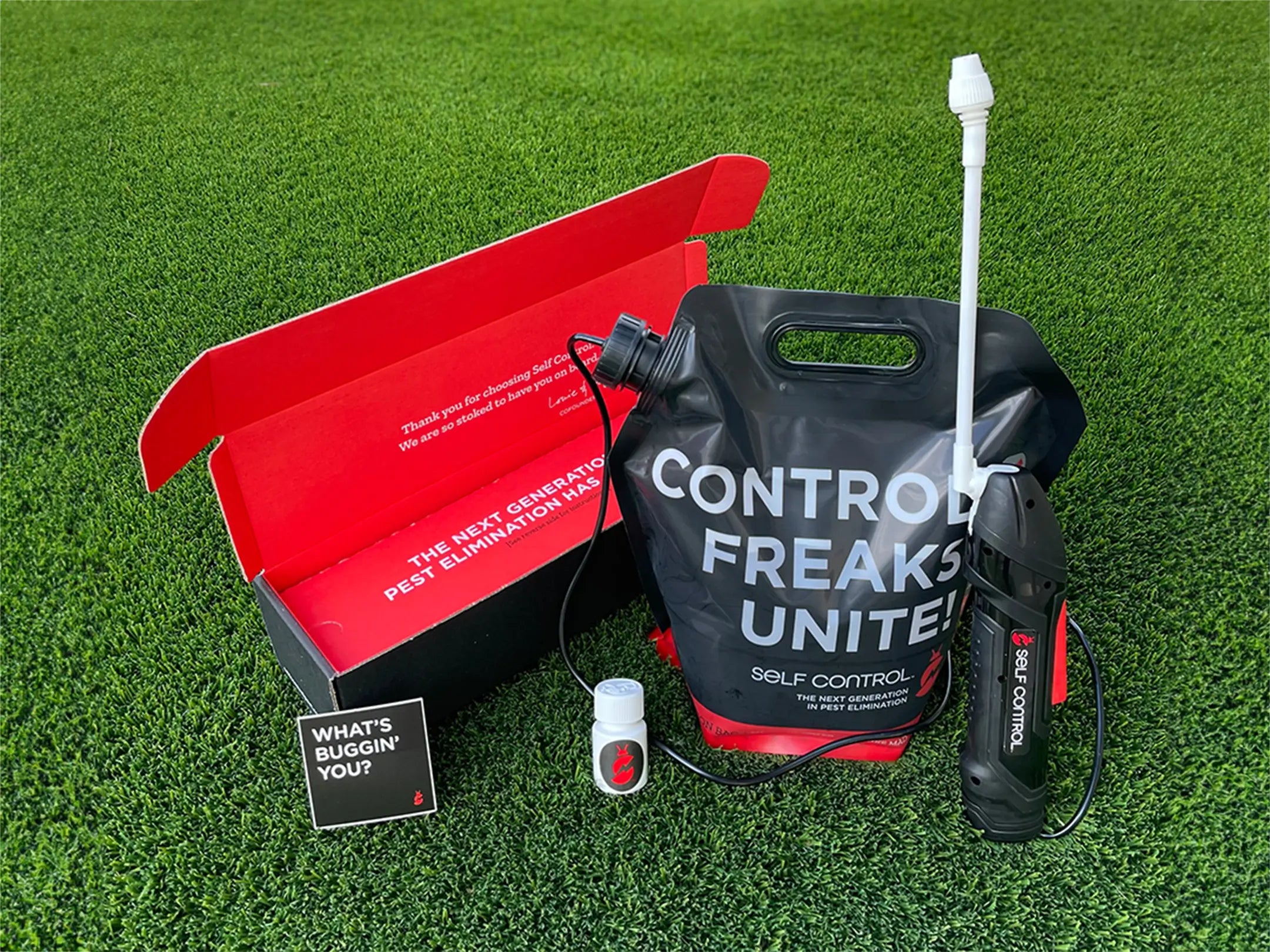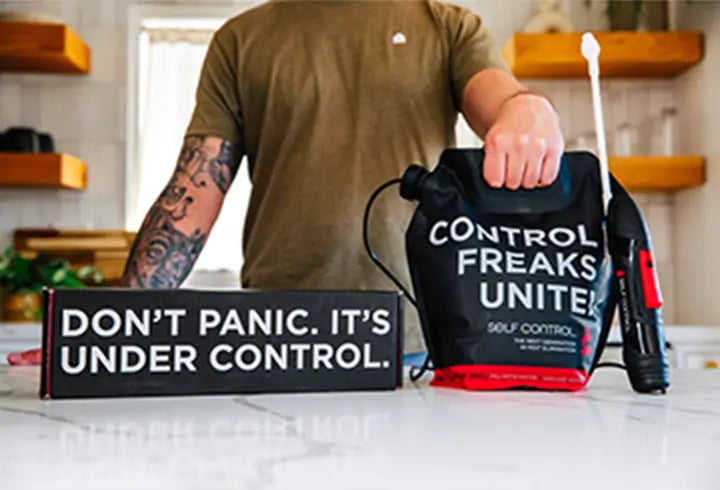
Rats are the most annoying and challenging pest to eliminate when they invade your home. These creatures can reproduce quickly when they find favorable conditions. This can make it challenging to eliminate them when they attack your house. The question most homeowners ask is, “Will rats leave on their own?”
Will Rats Leave On Their Own?
Unfortunately, rats will not leave on their own once they have established a nest in your compound. Rats are social creatures that live in groups and search for food, shelter, and nesting grounds, where they can reproduce. Once they invade your house and find food and an appropriate place for building a nest, they will probably stay and breed.

Rats are also known to adapt to certain environmental conditions. These pesky creatures can survive on little food and water. This means that even if your house does not provide enough food, they will still squeeze through openings to look for food and return to their nests.
Once inside, rats can cause significant damage to property and pose a health risk to humans and pets by spreading diseases and parasites. That is why you need to get an ideal product from Self Control Pest to help you keep rats at bay. Our commercial grade pest control product comes with an instructional sheet to guide you accordingly when you do pest control measure yourself.
Which Factors Affect Rat Behavior?
Rat behavior can be affected by different factors that determine whether rats will stay or leave your house. Here are some of the factors:
- Food availability: All living things survive by eating food, and rats are not exceptional. They must eat to live and reproduce. That is why rats will constantly look for places with readily available food sources—rats like bread, sweets, cooked rice, grains, and seeds. Therefore, rats will likely thrive in your house if food is abundant.
- Nesting grounds: Rats need a place to build their nest and hide from predators. They also reproduce in these nests. Some of the areas in your home where rats can build their nests include the basement, crawl spaces, and attics.
- Water availability: You obviously have water in your house because you need it to survive. The same applies to rats since they are living organisms and need water to survive. How you store and manage your water will determine whether or not rats will live in your house. Be ready to have these creatures if you have leaky pipes or stagnant water around your home.
- Presence of a predator: Rats are prey animals and will always try as much as possible to dodge the predators. The best-known predators that pose a threat to rats are cats. Therefore, rats will likely leave your house if you have a cat as a pet.
- Climatic conditions: Rats are warm-blooded animals and will survive well in warm places. That is why you will likely see more rats during the summertime. You may need to practice pest control during this season to help eliminate rats in your house.

How Do Rats Get Into Homes?
Rats are intelligent creatures and will do anything to get into your house if there is something attracting them. Their bodies can squeeze through tiny holes, making them gain access to the house without you noticing. The following are some of the ways rats can gain access to your home:
- Through windows and doors. They mostly use windows with broken window panes. They also use open doors and quickly go into hiding.
- They chew holes in softwood structures and squeeze through wall voids before accessing the house.
- Rats can climb trees and jump on the roof before entering the house through the chimneys or attics.
- Rats can also enter your house through vents, wall gaps, small cracks, and plumbing systems.
What Are the Signs of Rat Infestation?
One of the games rats know to play is hiding. It is very hard to notice their presence since they hide from predators. You will only notice you have a rat infestation when they have multiplied and are now roaming around the home. The following signs will tell you that rats have invaded your house:
- Rat droppings: This is the most common sign of rat infestations. The droppings are cylindrical and about a half-inch long. A fresh one is dark and shiny, while an older one is gray. You will likely see these droppings under the kitchen sink, cabinets, and along their runway.
- Gnaw marks: Rats like gnawing on materials such as plastics, wooden structures, mattresses, and electrical wires. This is how rats damage properties. If you see these signs, just start finding a solution because you have visitors.
- Presence of nesting materials: Nesting materials in the house indicate that these creatures have invaded the home and are reproducing. Nesting materials include dried leaves, papers, fabrics, and tissue papers. You can find these materials between the walls, attics, under porches, or in boxed-in plumbing.
- Footprints or tracks: Rats leave in dusty, less-frequented areas of the home. Most of these places are muddy, and when they leave these places and start looking for food in your house, they will leave footprints on the walls and kitchen cabinets.

Related Questions
How Long Does it Take for Rats to Leave?
A mild rat infestation will take 3 to 4 weeks to eliminate. This is because the rats have not multiplied, making it easy to control them. However, a severe infestation can take up to three months to solve.
How Do You Know if Rats Are Gone?
The best way to determine if the rats are gone is by checking on their activities. Check around the house for droppings, nesting materials, footprints on the wall, and gnaw marks on plastic or wooden materials. If you can’t see these signs, know your visitors have left the house.
Do Rats Stay in the House During the Day?
Rats don’t move around the house during the day. This is when they sleep or hide from predators in their nests. They can only come out when the nest is full, trying to find a new hiding place. If you notice a rat roaming during the day, just know you have a severe rat infestation.
Conclusion
Rats rarely leave alone once they establish a presence in your home. These creatures are highly adaptable, and resourceful, and can quickly learn to navigate around an obstacle. It's important to establish pest control, as it is the only way to control them and implementing an effective pest control method helps limit their population.



Comments (0)
Back to Critter Chronicles